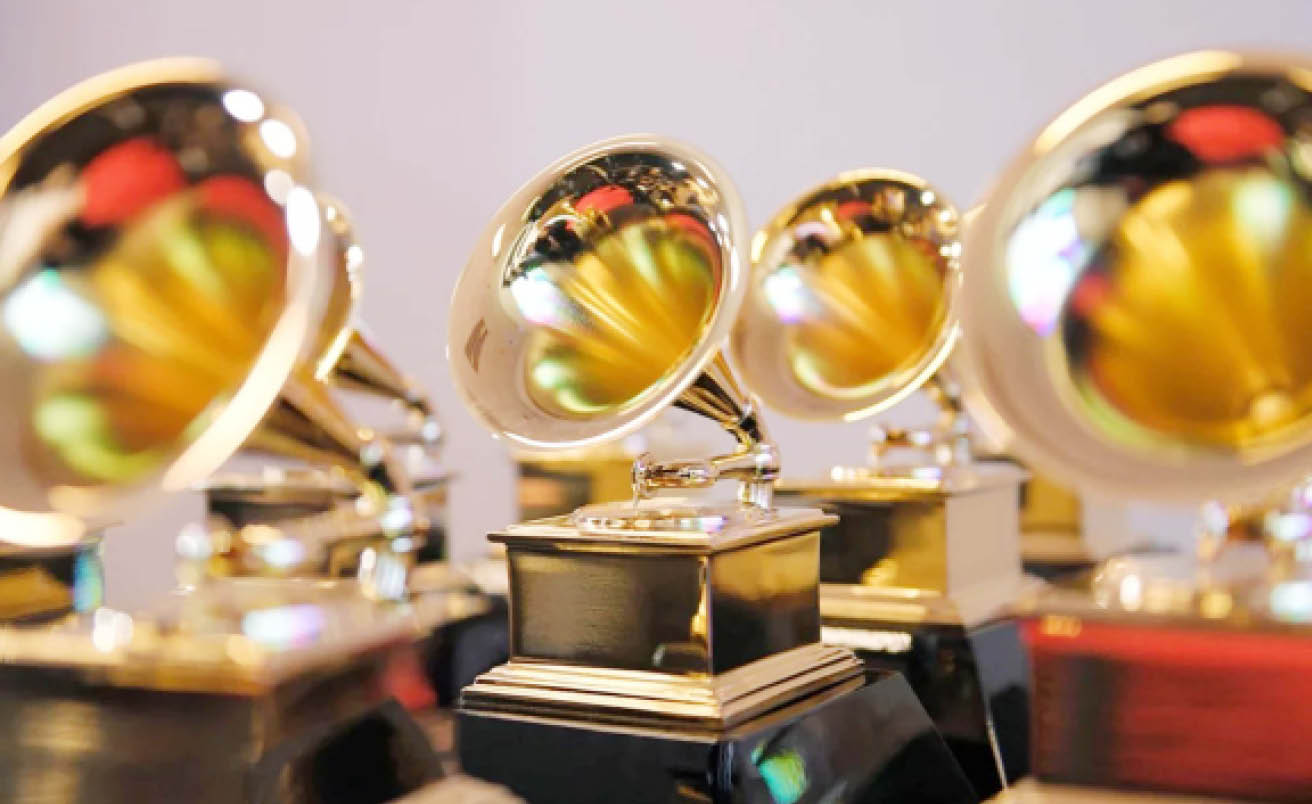Column No.6: Now that Nigeria’s found global love…
If you are like me, aged a bit over 40, and with an ear for good music, chances are you’ve heard and enjoyed the hit ‘Now That We Found Love’, particularly the version made popular by Heavy D and The Boyz. That is the exact question on my mind right now, during these perilous times […]

Grammy Awards
If you are like me, aged a bit over 40, and with an ear for good music, chances are you’ve heard and enjoyed the hit ‘Now That We Found Love’, particularly the version made popular by Heavy D and The Boyz. That is the exact question on my mind right now, during these perilous times globally, and times when Nigeria as a nation is going through economic turbulence, yet enjoying a ‘coolness’ all over the world. In recent years, our nation has experienced a remarkable surge in global influence, not through political might or economic dominance, but through the powerful channels of soft power. From the infectious beats of Nigerian music to the dazzling performances of Nigerian athletes, the captivating narratives of Nigerian films, and the literary brilliance of Nigerian writers, the country is making waves on the international stage like never before.
Let’s begin with the most obvious one, music: Nigerian music has transcended borders, captivating audiences around the globe with its irresistible rhythms and infectious energy. Afrobeats, a genre that blends traditional African rhythms with contemporary styles, has become a global phenomenon. Artists like Burna Boy, Wizkid, Tems, Davido (and quite a handful more) are not just musical sensations at home, but have also become household names internationally. Their collaborations with international artists have created a melting pot of musical influences that resonate with people worldwide, putting Nigeria at the forefront of the global music scene. The extent of it is, culturally, quite staggering and it also appears to be growing. I mean, a whole brand-new category was created for the Grammy Awards, practically for Nigerians!
Then our sportsmen and women, not just making their mark in their respective sports, but practically also emerging as cultural icons. From track and field to soccer, Nigerian athletes are dominating the world stage. Names like Blessing Okagbare, Anthony Joshua, and the Super Eagles have become synonymous with excellence and sportsmanship. Don’t forget legends like Jay Jay Okocha, Rashidi Yekini, and Daniel Amokachi of yesteryears. As these athletes break records and shatter stereotypes, they are also reshaping the world’s perception of Nigeria as a powerhouse of talent and resilience. This, too, will grow, as there are quite a number of new stars on the rise, at home and away.
Also take a look at Nigeria’s film industry, often referred to as Nollywood, and which is the second-largest in the world by the number of films produced annually. Nollywood has not only gained local acclaim but has also captured the hearts of audiences globally. Films like ‘The Wedding Party’, ‘Chief Daddy’ and ‘Lionheart’ have demonstrated the industry’s ability to tell compelling stories that resonate universally. The rise of Nollywood has not only contributed to Nigeria’s cultural influence but has also provided a platform for diverse narratives that challenge stereotypes and showcase the richness of Nigerian culture. This will no doubt continue, when one looks at the stellar work being done by actors and actresses like Nse Ikpe-Etim, Deyemi Okanlawon, Ali Nuhu, Richard Mofe-Damijo, Sani Mu’azu, Kate Henshaw, Rahama Sadau, Efa Iwara, Mofe Duncan, and many more, in productions directed by seasoned pro directors like Kenneth Gyang, Ishaya Bako, Mak Kusare, and even superstar auteurs like CJ Obasi (whose stunning ‘Mami Wata’ masterpiece looks like it will be Nigeria’s first major chance at the Oscars next year).
Electoral violence greatest threat to national security – Defence College
How Abdullahi ‘Tsamage’ grabbed headlines after scoring five goals in one match
Then when it comes to literature, Nigeria has long been a breeding ground for literary talent, producing iconic writers like Chinua Achebe, Wole Soyinka, and Abubakar Imam. Today, a new generation of Nigerian authors, including Chimamanda Ngozi Adichie, Lola Shoneyin, Abubakar Adam Ibrahim, Toni Kan, TJ Benson, and more, are continuing the tradition of spellbinding storytelling. Nigerian-American Nnedi Okorafor is also making quite an impact with her ground-breaking works in science fiction and fantasy. These writers’ works, addressing themes of identity, politics, and culture, have garnered international acclaim and are reshaping global conversations. Through their literary prowess, Nigerian writers are amplifying the country’s voice and offering new perspectives on the African experience. The landscape is exploding with proverbial colour in the form of talents that are impossible to ignore.
Nigeria’s rise in soft power through music, sports, films, and literature is a testament to our dear country’s cultural richness and creative prowess. As the world continues to embrace the diverse and dynamic expressions of Nigerian talent, it’s clear that Nigeria is not only leaving an indelible mark on the global stage but is also challenging and reshaping perceptions of what Africa has to offer. I will not sully the good feeling by dragging ‘government’ in and asking what it could do. That’s an article for another day. The rise of our soft power is not just a cultural phenomenon; it’s a global celebration of creativity, resilience, and the power of storytelling. But like I wrote in the beginning, Heavy D and the Boyz asked ‘Now That We Found Love’, and almost as if addressing Nigeria and Nigerians today, continued the query thusly: ‘What are we gonna do with it?’ How do we answer this properly?
